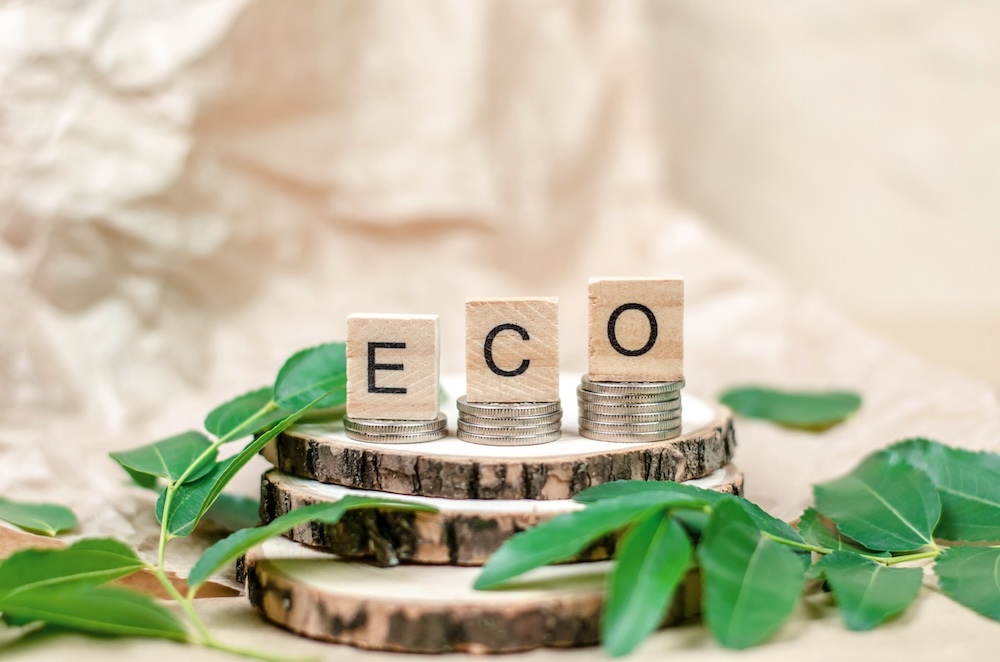There’s a common misconception that sustainable living is only for the wealthy—that you need to buy organic everything, outfit your home with solar panels, and drive a new electric car to “go green.” But the truth is, some of the most sustainable habits are also the most affordable.
Sustainability doesn’t require perfection or privilege. It’s about making thoughtful choices, using what you have, and shifting habits over time. In this guide, we’ll explore how you can live more sustainably without draining your wallet—and why slow, intentional change is not only okay, but powerful.
1. The Myth of Costly Sustainability
The eco-market is booming with high-end “green” products, from ethically made fashion to luxury zero-waste kits. While these products have their place, they can overshadow the simpler, cheaper truth: you don’t have to buy your way into sustainability.
In fact, some of the most impactful actions are free or even save money:
- Reducing energy use
- Avoiding single-use plastics
- Buying less and reusing more
Eco-living isn’t about status—it’s about mindset. And many sustainable practices have been part of low-income or traditional communities for generations.
2. Starting Small: Low-Cost Habits That Add Up
Simple, affordable changes can lead to lasting impact:
- Reusable Swaps: Use glass jars for leftovers, carry your own grocery bags, or keep a reusable water bottle on hand. These cut both waste and expenses.
- Buy Secondhand: Thrift stores, local buy-nothing groups, and online marketplaces are goldmines for clothing, furniture, and more.
- Fix What You Have: Learn to sew, patch, glue, or rewire. YouTube is full of how-to videos that save money and reduce waste.
- Cook at Home: Reducing takeout and food waste is one of the most sustainable (and budget-friendly) habits you can build.
These steps require little to no investment—and often make life simpler.
3. Budgeting for Big Changes
Some sustainable upgrades do cost more upfront, but they often pay off over time. The key is to plan ahead and scale slowly:
- Home Efficiency: Swapping to LED lights, sealing windows, and adding insulation can lower utility bills significantly.
- Appliances & Fixtures: Energy Star appliances or low-flow showerheads conserve resources and reduce bills.
- Solar Panels or Rainwater Systems: These bigger investments can pay off with rebates, tax credits, and long-term savings.
Create a “green fund” in your budget, even if it’s small. Over time, you’ll build the resources to make bigger, high-impact changes.
4. Easing Into It: Sustainability as a Journey, Not a Status
It’s easy to feel overwhelmed by everything you could or should be doing—but sustainability isn’t all-or-nothing.
- Start where you are. Use what you have.
- Let new habits replace old ones naturally.
- Accept that you’ll make imperfect choices along the way.
Going green gradually is often more effective and sustainable in the long run. It’s about alignment, not image.
5. Local and Community-Driven Options
One of the best ways to live sustainably on a budget is to tap into community resources:
- Tool Libraries & Skill Shares: Borrow instead of buying, and learn new skills from neighbors.
- Community Gardens & Seed Swaps: Grow your own food, even on a small scale.
- Local Fix-It Clinics: Repair broken items instead of replacing them.
- Clothing Swaps or Free Markets: Refresh your wardrobe or household items without spending a cent.
These shared efforts reduce waste, save money, and build stronger communities.
6. Emotional and Mental Health Benefits of Low-Stress Sustainability
Living intentionally doesn’t just help the planet—it supports your mental well-being too:
- Less clutter and consumption can reduce stress.
- Slower habits, like cooking or gardening, foster mindfulness.
- Feeling aligned with your values boosts confidence and peace of mind.
Sustainable living isn’t about guilt—it’s about living better.
7. Stories That Inspire: Everyday People Making It Work
Across the world, people are finding creative ways to live sustainably within their means:
- A family that meal preps and composts in an apartment.
- A young couple that shops exclusively secondhand.
- A retiree who teaches neighbors how to mend and repair.
These aren’t influencers—they’re regular people finding joy in mindful living. You can too.
Sustainability Belongs to Everyone
You don’t need wealth, perfection, or all the right gear to make a difference. You just need a willingness to start—and the grace to go at your own pace.
Sustainability on a budget isn’t just possible—it’s often more practical, rewarding, and resilient. Start small. Stay curious. And remember: every choice counts.








